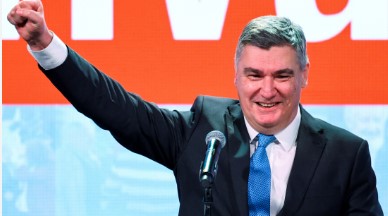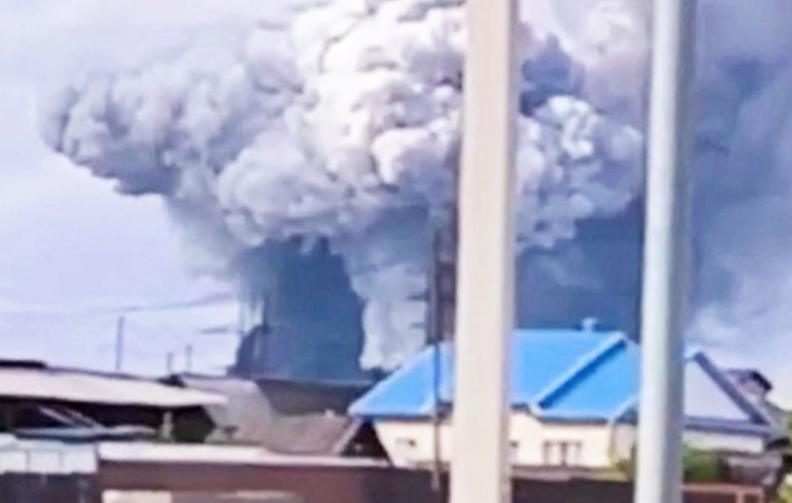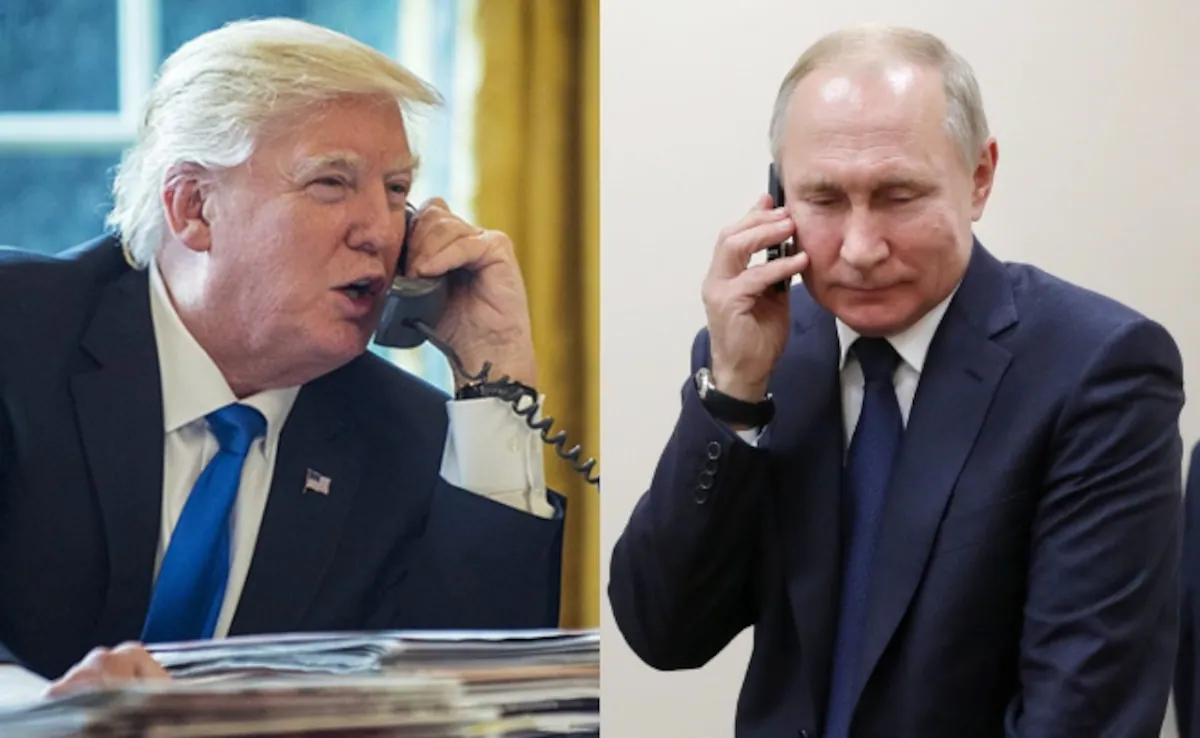
Zoran Milanović Wins Reelection as Croatia’s President
- World News
- January 13, 2025
- No Comment
Zoran Milanović Wins Reelection as Croatia’s President
Croatia’s opposition-backed President Zoran Milanović, known for his vocal criticism of the European Union (EU) and NATO, has triumphed in the presidential runoff election, winning a second five-year term. Official results show Milanović garnering over 74% of the vote, decisively defeating ruling conservative party candidate Dragan Primorac, who received just 26%.
The victory marks a significant endorsement for Milanović, a polarizing figure in Croatian politics who often clashes with Prime Minister Andrej Plenković. Addressing supporters, Milanović framed his reelection as a message of discontent from voters about the country’s current direction.
“Milanović stated. “this result It’s a reflection of what citizens want to convey about the state of affairs in Croatia.”
Milanović, 58, is widely regarded as the country’s most popular politician. His combative rhetoric and critical stance toward Western military support for Ukraine have earned him comparisons to figures like former US President Donald Trump.
The runoff election became necessary after Milanović narrowly missed securing an outright majority in the first round on December 29, falling short by just 5,000 votes. Primorac, a forensic scientist and former education minister, entered the runoff with only 19% of the initial vote.
Milanović’s presidency has been marked by contentious relationships with international institutions. On Election Day, he reiterated his criticism of the EU, calling it “non-democratic” and accusing its leadership of promoting ideological conformity.
“I don’t want to live in a Europe where disagreement makes you an enemy,” Milanović said. I will advocate for change. “As president of a small nation.”
While denying pro-Russian leanings, Milanović has previously opposed Croatia’s involvement in NATO missions related to Ukraine, including blocking the deployment of Croatian officers to a NATO training program.
Despite the largely ceremonial nature of the presidency in Croatia, Milanović’s reelection is expected to intensify his confrontations with PM Plenković and the ruling Croatian Democratic Union (HDZ). Milanović has frequently accused the HDZ of corruption, while Plenković has labeled him a “threat” to Croatia’s international reputation.
Political analysts foresee little collaboration between the two leaders. “If the first five years were marked by discord, there’s no reason to expect cooperation now,” commented Višeslav Raos, a political expert.
The election comes at a time when Croatia, with a population of 3.8 million, faces significant challenges, including inflation, labor shortages, and corruption scandals. Milanović has vowed to address these issues, although his powers as president are limited.
Dragan Primorac, 59, who previously served as Croatia’s science and education minister, struggled to gain traction despite his academic credentials and international experience. This marks his second unsuccessful bid for the presidency, following a similar defeat in 2009.
As Milanović embarks on his second term, Croatia’s political landscape is poised for continued turbulence. While his role is primarily symbolic, Milanović’s influence on public discourse and military oversight ensures he will remain a central figure in the nation’s political debates.







